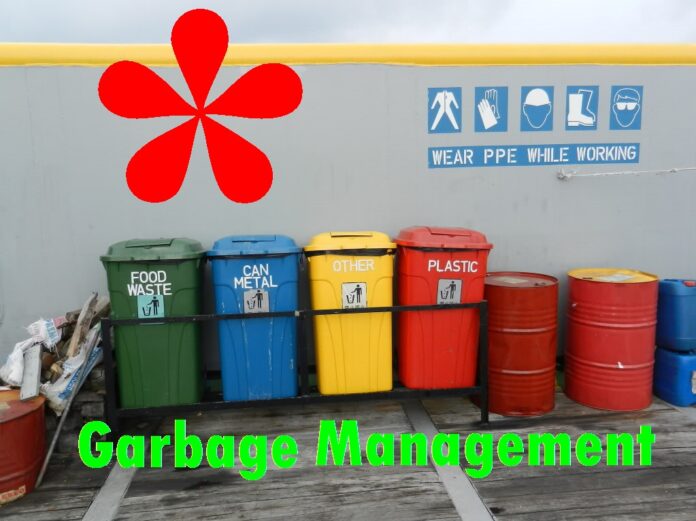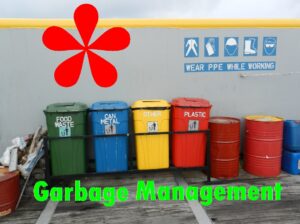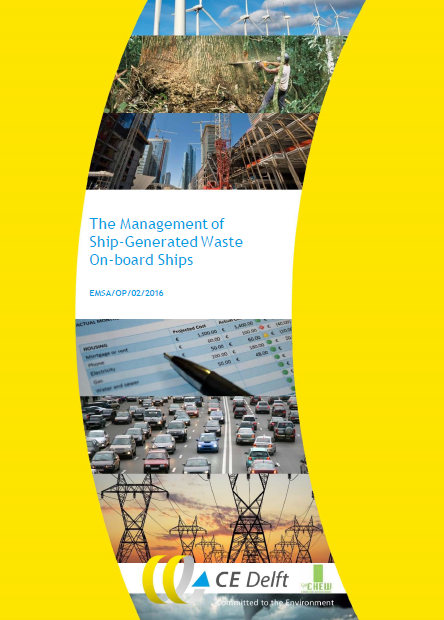
This study provides an empirical overview of the management, drivers, technologies and the quantities of different categories of ship-generated waste. The data presented in this report have been collected from ship audits, interviews, a literature review, an online survey among stakeholders and audits of waste notification forms.
For almost every type of ship-generated waste, there is a variety of waste flows and on-board treatment methods. The empirical evidence gathered in this study shows that ships use different treatment methods and often only treat part of a waste stream.
The objectives of this study are:
- To provide a detailed review of the waste practices and management of ship-generated waste
on-board on the range of ships visiting EU ports. - To provide average quantities of different types of waste being generated on-board of ships.
- To provide a comprehensive review of the present technologies and methods being used to reduce
SGW produced by ships.
The study has an empirical nature; the findings are based on:
- interviews with shipping companies, ports, waste handlers and technology providers;
- audits of garbage management plans, International Oil Pollution Prevention (IOPP) certificates, International Sewage Pollution Prevention (ISPP) certificates, garbage management books, oil record books(ORB) and ozone depleting substances (ODS) record books of ships;
- audits of waste notification forms and delivery receipts;
- a literature review; and
- an internet survey to validate the results.
Scope of the study:
The ship types that were included in this study were: cruise ships, oil tankers, gas carriers, bulk carriers, container vessels, ro-ro cargo vessels, ferries, recreational craft and fishing vessels.
All types of ship-generated waste as defined in Marine Environmental Protection Committee (MEPC) 1.Circ 834 (IMO, 2014) will be included in the study, with the exception of waste from Exhaust Gas Cleaning Systems.1 More specifically, the following types of waste will be included:
- oily waste;
- sewage;
- garbage;
- ozone depleting substances.
Click on below image to download full study.
Source: EMSA
















Reblogged this on Brittius.
Reblogged this on Mar Equinoccial and commented:
The Management of Ship-Generated Waste On-board Ships – EMSA
Easier Face book posting option to be kept all the time plz.